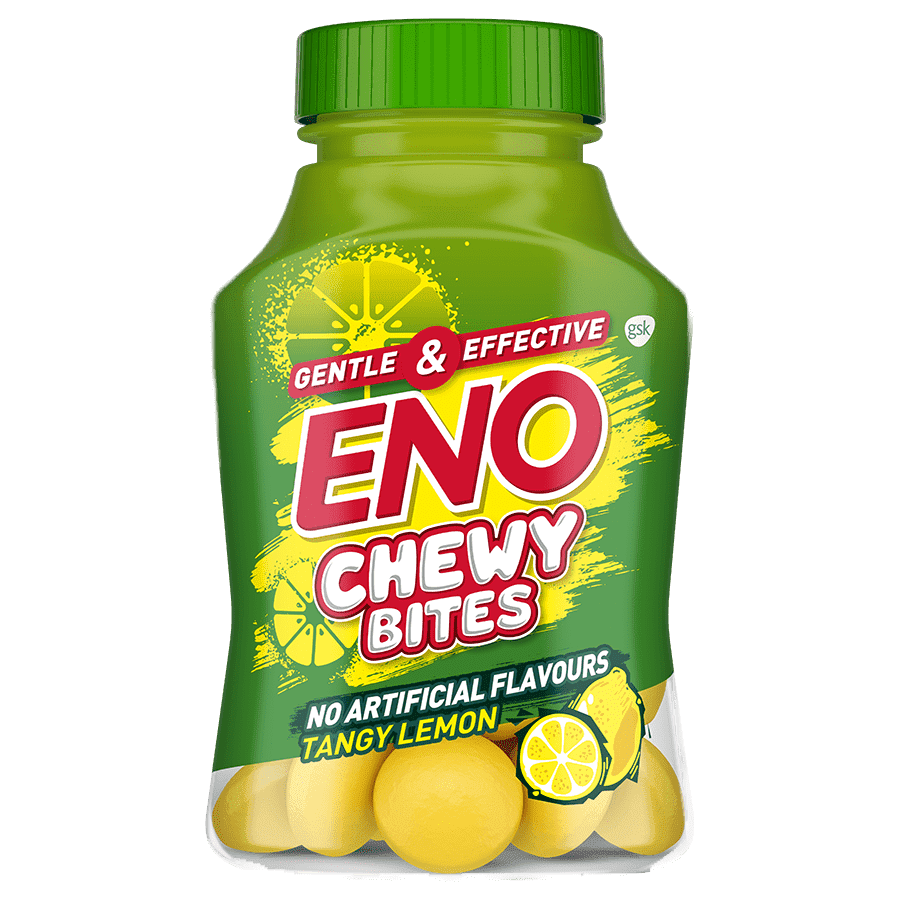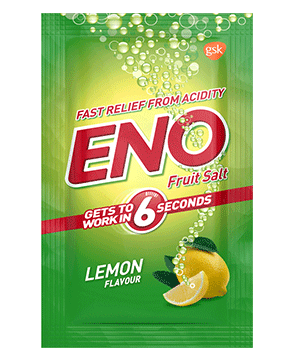Uncovering the Truth Behind Keeping Your Digestive System in Tip Top Shape
“You are what you eat.” Like many other sayings, there’s actually a lot of truth and wisdom in it – the food you eat has a huge impact on your health and wellbeing. But it’s not just what you eat, it’s how well you digest it too. So, what can you do to improve digestion?
When it comes to your overall health, digestive health is very important. Still not convinced? Consider this – every single part of your body needs nutrients from food to work properly.
Unfortunately, though, you and many other people may be dealing with digestive problems. These problems can start during or after having a meal. That’s why it’s no big surprise that the foods you eat, and sometimes even how or when you eat them, play a big role in your digestive health.
Read on to learn more about some digestive health tips to help prevent digestive problems and keep your digestive system in good shape.
First, a few facts to digest1
Digestion is important because, in short, it’s how your body gets the nutrients it needs from foods.
Your digestive system breaks down nutrients into tiny particles so they can be absorbed into your bloodstream. Once in the bloodstream, these particles can be distributed to all the different parts of your body.
So how does digestion work? After you chew your food, it sets off on a long journey – the gastro-intestinal tract (or digestive tract) is about seven metres long – as it goes through the various stages of digestion.
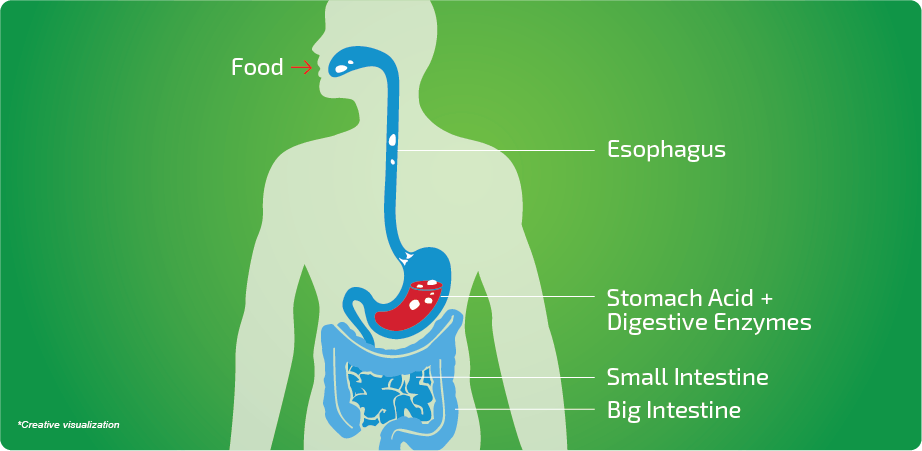
The journey begins when your food goes from your mouth down your esophagus to the stomach, where the combination of stomach acid, digestive enzymes and muscular contractions begins to break it down.
It then moves into your small intestine, which is where most of the nutrients are absorbed. From there it moves into the large intestine, where eventually almost nothing but waste material is left.
The whole process normally takes between about eight and fifty hours, depending on what you’ve eaten and how efficiently your digestive system works.
What is digestive wellness?
In many ways, digestive wellness is the foundation of good health.
When your digestive system is working properly, it means your body is digesting the food you eat efficiently and it’s getting all the nutrients it needs to function properly.
Of course, digestive wellness and diet go hand-in-hand. You need a healthy diet to provide nutrients, and a healthy diet also helps keep your digestive system in good order.
There are many different signs and symptoms that you may notice if your digestive system isn’t working as well as it should. These may include:2

These may include:2
- Feeling full before you’ve finished eating a meal
- Feeling uncomfortably full after eating a meal
- Having discomfort or pain in the stomach area
- Having a painful, burning feeling in the chest or just below the chest
- Feeling bloated and uncomfortable
- Feeling like you going to be sick
While these signs and symptoms can be very uncomfortable and worrying, they rarely mean that there’s a serious problem or that your body isn’t getting the nutrients it needs.
Of course, there is a small chance that you have a problem that should be investigated further. If your symptoms are particularly severe or they have persisted for more than a few weeks, you should see your doctor.
It’s also important to remember that chest pain can be a sign of a serious heart problem. Even though chest pain is usually caused by indigestion, if you also have shortness of breath or pain in the arm or jaw, you should seek medical attention straight away.
Tips for digestive health
One of the best things you can do for your digestive wellness is to eat a healthy, varied diet.3 There are also some specific types of foods that it may be helpful to avoid or at least try and limit, including:

Fatty, greasy foods3–5
There’s a good chance that, like many other people with digestive problems, you’ll find that fatty foods, such as most red meats, many dairy products, or anything that has been fried or deep-fried, can trigger your symptoms.

Carbonated drinks3–4
A lot of people find that carbonated drinks, which are sometimes called soft drinks or fizzy drinks, can cause their symptoms of indigestion.

Caffeine and alcohol3,4
If you have a few cups of tea or coffee to help you get through the day, it might be worth trying to cut back a little – perhaps see if you can just have one in the morning. Similarly, if you drink alcohol more than once or twice a week, see if you can go without it occasionally.

Wheat-based foods6
Wheat, which is used in many breads, pastries and biscuits, can cause symptoms of indigestion. That’s because some people are allergic to a protein in wheat known as gluten. Allergies or intolerances to other food ingredients may have similar effects.
One food that appears to be particularly beneficial for people prone to digestive problems is rice.7 Rice is easy to digest and it’s unlikely to cause any allergic reactions.7
Foods and herbs that may improve digestion
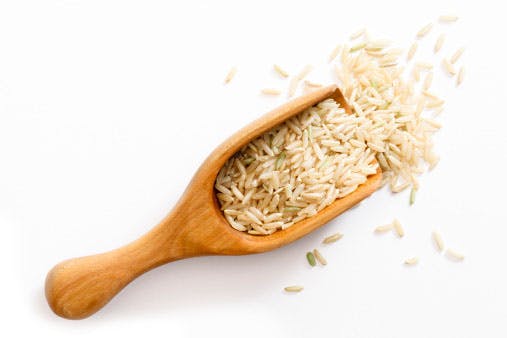
Rice7

Apple4
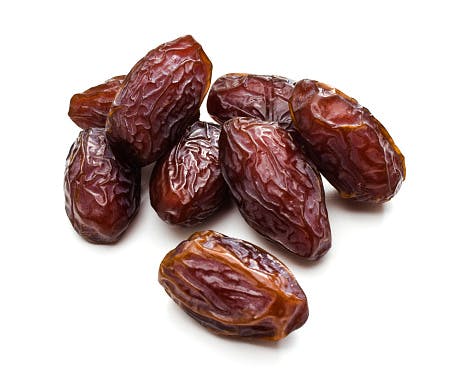
Dates4

Honey4
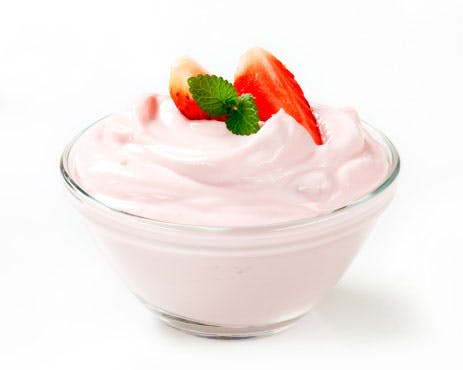
Yoghurt4
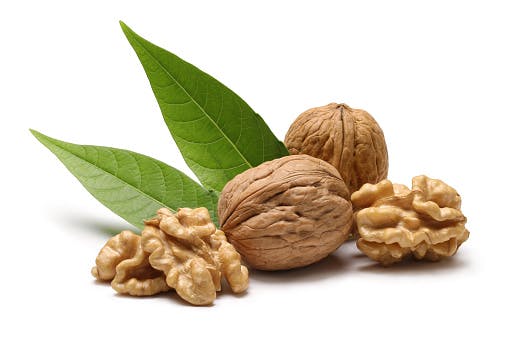
Walnuts4
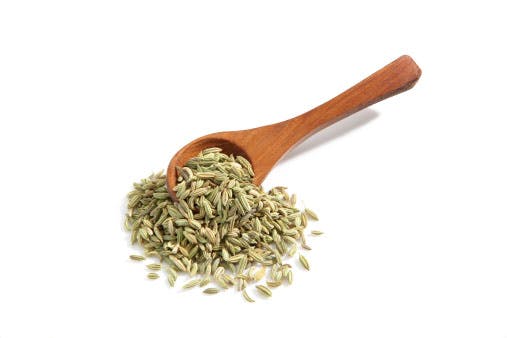
Fennel9
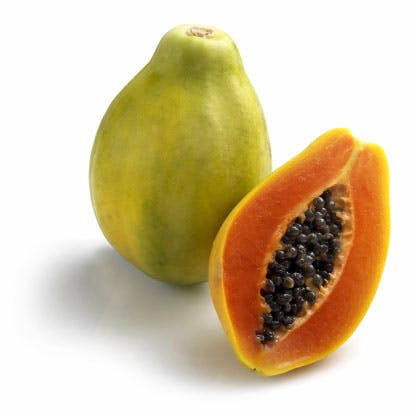
Papaya10
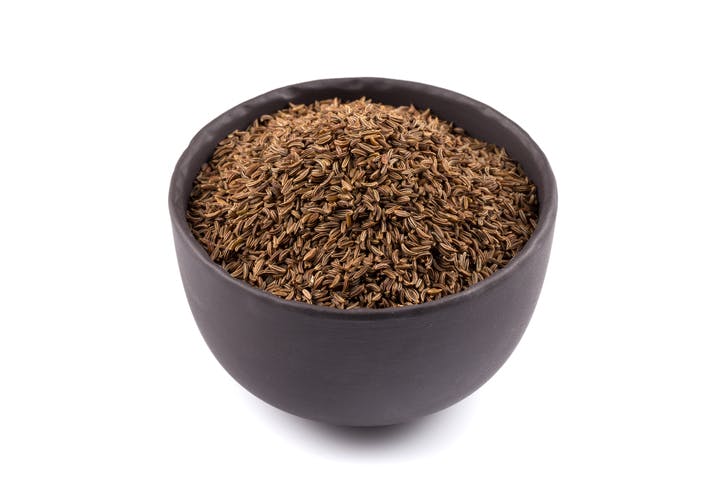
Caraway11
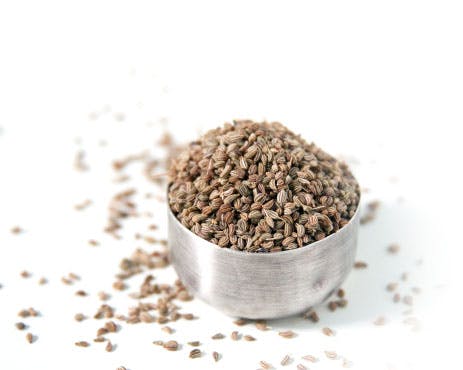
Ajwain12
In addition to making changes to what you eat and drink, you can help prevent indigestion by making lifestyle changes such as:8
Where to find out more
There’s no doubt a healthy digestive system is something we’d all like to have. Hopefully by following our tips, you’ll be on your way to better digestive health.
In the meantime, you can learn more about acidity problems here.
We’ve also put together some great home remedies for indigestion here , as well as home remedies for acidity problems here.
You might also like to learn about how ENO could help relieve your symptoms here.
Please remember to see your doctor if you have persistent or particularly severe symptoms, or if there’s anything you’re not sure about.

